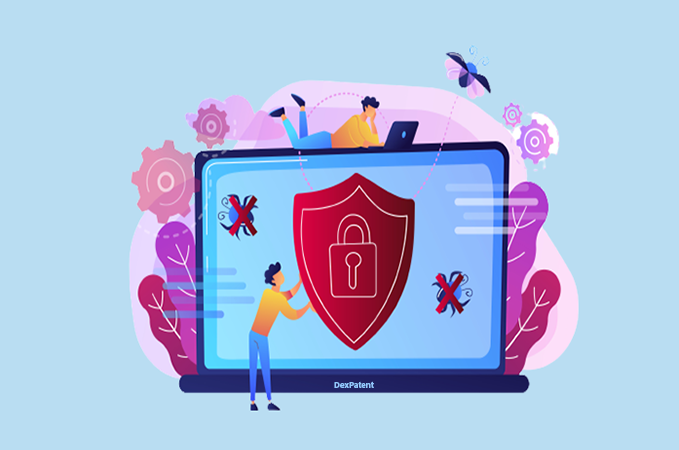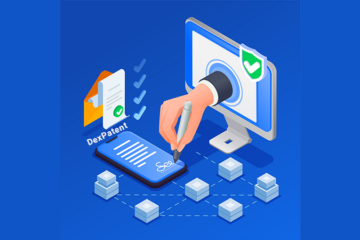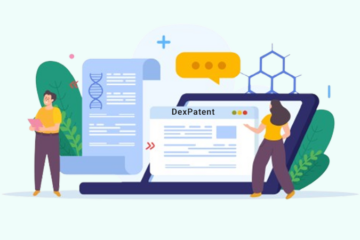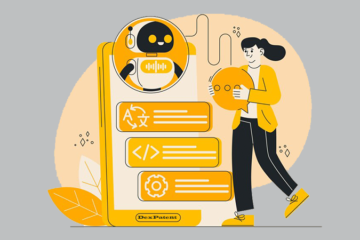Navigating Peril: The Cybersecurity Hazards Surrounding Connected Cars

The world that we live in today is more connected than ever before. With the rise of the Internet of Things (IoT), our homes, workplaces, and even our cars are all connected to the internet. While this connectivity has brought about numerous benefits, it has also opened up new avenues for potential threats such as cyber-attacks. One area that is particularly vulnerable to cyberattacks is our cars. As cars become more connected and autonomous, they’re increasingly becoming targets for cybercriminals.
In this blog, we will walk you through the growing threat of cyberattacks on cars and what can be done to mitigate these risks. So, fasten your seatbelts and get ready for a ride into the world of car cybersecurity.
Why are cars vulnerable to cyberattacks?
Cars have become more like computers on wheels, with complex systems that communicate with each other and with the outside world. Modern cars are equipped with a range of technologies, such as sensors, cameras, and infotainment systems, that can be vulnerable to hacking. Below are some of the reasons why cars are vulnerable to cyberattacks:
1. Inadequate security measures
Many car manufacturers have not yet implemented adequate security measures to safeguard their vehicles from cyberattacks. In many cases, security has been treated as an afterthought rather than an integral part of the design process. This makes it easier for hackers to exploit vulnerabilities in the car’s systems.

2. Outdated software
Numerous cars are operating on outdated software, possibly harbouring vulnerabilities that haven’t been patched. With the increasing complexity of cars, they demand more software to function, presenting challenges for manufacturers to keep up with the latest security patches and updates.
3. Increasing complexity
As cars evolve with more features and interconnected systems, their complexity expands, consequently enlarging the potential attack surface for hackers. This complexity makes it more difficult for car manufacturers to secure their cars against cyberattacks.
Types of Cyber Threats

As the prevalence of connected vehicles rises, so does the susceptibility to diverse cyberattacks. Remote hacking poses a significant threat, enabling hackers to exploit vulnerabilities in a car’s software or wireless communication systems, gaining control over crucial functions like steering and braking. Malware attacks introduce malicious software through downloads or infected USB drives, allowing attackers to manipulate the car’s systems or pilfer sensitive data.
Similarly, Denial of Service (DoS) attacks flood a car’s communication systems to overwhelm and disable them, obstructing software updates and communication processes. Physical attacks entail direct manipulation of the car’s systems through various means, such as tampering with sensors or gaining physical access to the onboard computer. The evolving landscape of car cyber threats necessitates comprehensive security measures to safeguard connected vehicles on the road.
Risks of car cyber attacks

Car cyberattacks pose significant risks, jeopardizing the safety, security, and privacy of both drivers and passengers. Safety risks escalate as hackers can compromise critical systems, disabling brakes, altering steering, or tampering with airbags, directly threatening the well-being of occupants in the vehicle. Beyond safety concerns, theft risks emerge as cyber attackers may exploit vulnerabilities to steal car data or take control remotely, enabling unauthorized access, door unlocking, or even engine start. Moreover, the abundance of data collected by connected cars, such as location, driving behavior, and personal information, amplifies privacy risks. If this sensitive data falls into the wrong hands, it becomes a tool for nefarious purposes such as identity theft, underscoring the multifaceted dangers associated with car cyberattacks.
Cyber security best practices for modern vehicles

Here are some steps that you can take to protect yourself and your car from cyberattacks:
1. Keep your car’s software up to date
Manufacturers release software updates to fix vulnerabilities and improve overall performance. Make sure you keep your car’s software up to date. Check with your manufacturer to see if there are any updates available for your specific model.
2. Be cautious with third-party devices
If you use third-party devices such as a USB charger or bluetooth adapter, make sure you buy them from reputable sources. Cheap knockoffs may contain malware or other security vulnerabilities that could jeopardize your car’s safety and security. .
3. Be wary of public Wi-Fi or Bluetooth
Connecting to public Wi-Fi networks or bluetooth devices that you do not trust can leave your car vulnerable to cyberattacks. Avoid connecting to public Wi-Fi networks or use a VPN (Virtual Private Network) to protect your car’s data.
4. Disable unnecessary features
Disable any features that you don’t use or need, such as Wi-Fi, remote access or Bluetooth connectivity. Reducing the access points to your car’s systems, enhances its security.
5. Use strong and unique passwords
If your vehicle has a mobile app or other connected services, create a strong and unique password to protect your personal data and prevent unauthorized access. Avoid using simple passwords that are easy to guess, such as “1234” or “password.” Instead, use a combination of uppercase and lowercase letters, numbers, and symbols.
6. Be cautious with USB drives
Do not plug in any USB drives or other external devices that you do not trust, as they may contain malware or other security threats.
7. Use a trusted mobile app
If your vehicle has a mobile app, make sure to download it from a trusted source and only use it on secure networks.
8. Be mindful of what information is shared
Exercise caution regarding the information shared with your vehicle, particularly sensitive data like location, as it could be stored and vulnerable to potential hacking attempts.
Conclusion
To sum it up, the increasing technological integration in cars has introduced a new realm for potential exploitation by cybercriminals. With the increasing use of connected and autonomous vehicles, ensuring robust cybersecurity measures becomes paramount to safeguarding these vehicles and their users from potential cyberattacks. Prioritization of stringent cybersecurity measures is the need of the hour and will go a long way in avoiding disastrous consequences. By taking proactive steps, we can continue to enjoy the benefits of this technology while minimizing the risks.
Securing the future of automotive cybersecurity, requires a shared responsibility across automakers, cybersecurity experts, regulators, and vehicle owners. Promoting awareness among consumers about potential risks and best practices for securing their vehicles will play a pivotal role in fortifying automotive cybersecurity and ensure a safe journey into the digital age of connected cars.












0 Comments